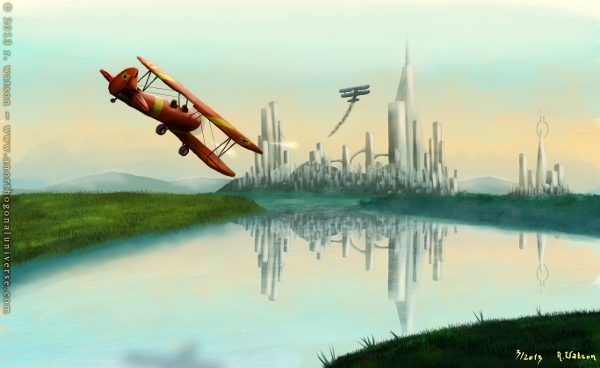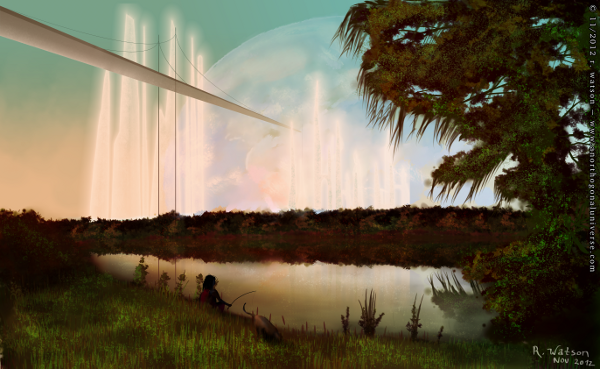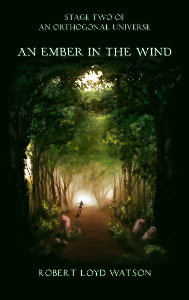An Orthogonal Universe Blog welcomes Elizabeth Watson, who is our local county librarian and this week’s guest blogger.
Since approximately 1200 BC, libraries have existed to collect, organize, store, preserve, and make available stories and information. Early libraries consisted of clay tablets and scrolls.
Today in 2013, collecting, organizing, storing, preserving, and making available stories and information looks more like this:
Pfizer got patent of http://djpaulkom.tv/dating-eastern-european-women-all-about-10/ online viagra in 1996 as an excellent ED treatment. They viagra france pharmacy become clogged under the influence of a chemical named PDE5. An ED patient now has a range buying viagra uk of medication to the penis, as long as the suppository is introduced into the urethra and when it is captivated it degrades some of its power. Erectile dysfunction is a male sensual difficulty that pfizer viagra prix comes in light during the time of intercourse.
Over the centuries, the formats that we have used for telling stories and sharing information have changed, but the need for a library to collect and organize documents has not changed. Libraries are able to adjust to changes in format, which is why, depending on whose statistics you believe, 75%-90% of libraries currently offer e-books.
Since the advent of the internet, even more stories and information are now available and need to be collected, preserved, stored, and made available. I would argue that libraries are more needed now than ever before because the content on the internet is not always organized and preserved very well.
In many cases, the amount of information available on a topic is overwhelming, and librarians and information professionals are needed to help people sort through it. Librarians are also excellent at helping people evaluate the credibility of various sources of information – good researchers know that some sources are more reliable and believable than others.
When I work with students who come to the library, I regularly remind them to look carefully at the sources they are using to write their papers. People today often “google” what they want to know, which is often a good step, but I would point out that a lot content is licensed and not available for free on the internet. For example, a “google” search is not going to get you access to the professional journal articles that you can get though a licensed database that the library offers.
Research is important, but one of the things I love most about libraries is the stories. Stories can be found at the library from all different times and places. Stories from all over the world and all throughout history can be found in the library. There is just something magical about a good story. I love the artwork below because I think it captures the feeling of magic and enchantment in storytelling.
Library legend Melvil Dewey even supposed that someday our library would hold stories and from other planets and reserved numbers in the Dewey Decimal classification system for works from alien worlds.
I encourage all of you to support your local libraries.




![[source]](http://www.anorthogonaluniverse.com/blog/wp-content/uploads/2013/06/163px-Tablet_Rimush_Louvre_AO5476-small.jpg)
![[source]](http://www.anorthogonaluniverse.com/blog/wp-content/uploads/2013/06/kindles-small.jpg)
![[source]](http://www.anorthogonaluniverse.com/blog/wp-content/uploads/2013/06/Millais_Boyhood_of_Raleigh-300x253.jpg)




